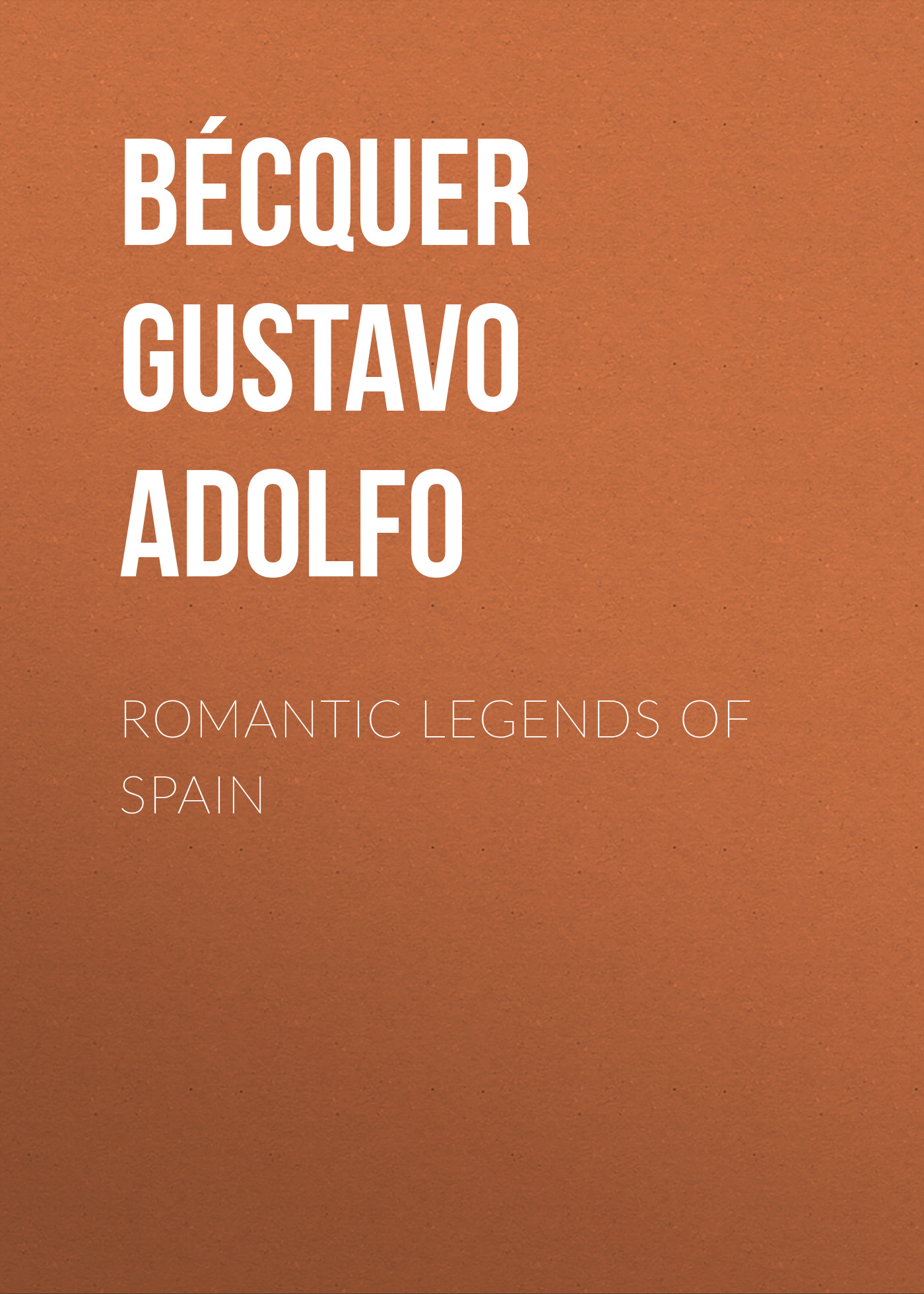Электронная книга: Bécquer Gustavo Adolfo «Romantic legends of Spain»

|
Издательство: "Public Domain"
электронная книга Скачать бесплатно на Litres |
Другие книги автора:
| Книга | Описание | Год | Цена | Тип книги |
|---|---|---|---|---|
| Leyendas | Un hombre que roba una joya de una imagen de una virgen. Un cazador que entra en una zona del bosque habitada por esp&# 237;ritus. Un organista que muere mientras toca. Las tres leyendas… — En Clave-Ele, - Подробнее... | бумажная книга | ||
| Obras escogidas | — Public Domain, электронная книга Подробнее... | электронная книга | ||
| Legends, Tales and Poems | — Public Domain, электронная книга Подробнее... | электронная книга |
Bécquer, Gustavo Adolfo
* * *
Источник: Bécquer, Gustavo Adolfo
См. также в других словарях:
Romantic nationalism — Liberty Leading the People, embodying the Romantic view of the French Revolution of 1830, also known as the July Revolution; its painter Eugène Delacroix also served as an elected deputy … Wikipedia
Music of Spain — The classical guitar originated from southern Spain The Music of Spain has a long history and has played an important part in the development of western music. It has had a particularly strong influence upon Latin American music. The music of… … Wikipedia
Literary or Profane Legends — Literary or Profane Legends † Catholic Encyclopedia ► Literary or Profane Legends In the period of national origins history and legend are inextricably mingled. In the course of oral transmission historic narrative necessarily becomes … Catholic encyclopedia
Spanish literature — Introduction the body of literary works produced in Spain. Such works fall into three major language divisions: Castilian, Catalan, and Galician. This article provides a brief historical account of each of these three literatures and… … Universalium
Southeast Asian arts — Literary, performing, and visual arts of Myanmar (Burma), Thailand, Laos, Cambodia, Vietnam, Malaysia, Singapore, and the Philippines. The classical literatures of Southeast Asia can be divided into three major regions: the Sanskrit region of… … Universalium
folk literature — Introduction also called folklore or oral tradition the lore (traditional knowledge and beliefs) of cultures having no written language. It is transmitted by word of mouth and consists, as does written literature, of both prose and… … Universalium
